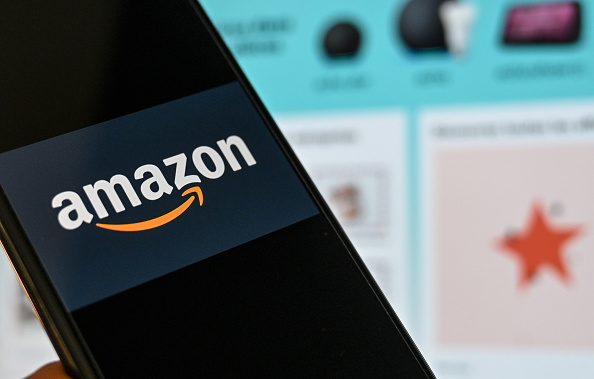It’s promising to read that the Federation of Small Businesses believes confidence has returned to pre-referendum levels and SMEs should remain upbeat about their prospects in 2017.
While business confidence is increasing, the economy remains volatile and there are unique challenges facing SMEs.
One challenge is conducting or accessing meaningful market research that gives genuine insight into consumers’ wants and needs. There are a host of reasons why valuable market research can be elusive to SMEs, but the most significant is cost. It’s an expense that many small businesses can’t afford, so is not often high up on their agenda. This is particularly true for start-ups, that will be directing any available cash into investment growth and operating costs.
For those that do have the budget to invest in market research, without the right expertise to translate it into insight, that money may be spent in vain. To secure value, SMEs must be able to translate results into insight that drives real sales.
Insights into consumer behaviour
As a network of SMEs ourselves, it’s in our interest to understand the ways we can unlock insights into consumer behaviour for our customers. That’s why we share our learnings about what works well with consumers across our SME depot network, imparting best practice procedures and providing them with the latest delivery methods. This means that all 115 of our local depots across the UK are better equipped to support their customers. It allows them to be much more effective at problem solving and providing bespoke service solutions.
Commonly-held beliefs about consumer differences have been heavily influenced by prominent ‘big’ brands. But big brands do not always accurately reflect the real sentiment of consumers. While big brands have taken a lead in creating consumer habits, small businesses must find the opportunities to respond to real consumer demand.
Take the recent trials of drone delivery for example; a hot topic in the media and an illustration of the technology opportunities now at our fingertips. But is it really necessary? If you talk to our customers; the answer appears to be no. Most just want their package to arrive on time, in one piece and supported by quality customer service. Drone delivery throws up a host of issues, from privacy through to safety, yet there’s huge anticipation because we have been preconditioned to believe all innovation equals progress.
The ability to influence the consumer mindset has seen a change in peak season retail preferences. Traditional Boxing Day sales have shifted significantly over recent years as post-Christmas spending increases. As high streets battle with e-commerce outlets, the ‘always on’ approach to sales and delivery has resulted in an increased expectation from the consumer.
Spending spikes
We are also seeing Black Friday and Cyber Monday result in major spending spikes, with even more days across the Atlantic such as Small Business Saturday and Giving Tuesday looking likely to permeate UK culture in the not-too-distant future. This significant change in how the UK’s retail industry operates during its busiest months has allowed them to stimulate consumer spending consistently across the year.
So, how can SMEs compete with big brand influence? Having an awareness of big brand influencers, although vital for small businesses when reviewing their strategies, is by no means the most important factor in tapping into customers’ minds.
The opportunity for small businesses lies in looking at how larger brands behave. They can compare this with what consumers actually want and cross reference with what their business can offer. This seems a painfully simple formula for success, but far too many small businesses assume that anything outside of the ‘big brand norm’ is impossible.
Small businesses should move into this gap with confidence, providing services or products that are distinctly different from larger companies. They are in a unique position to get inside the minds of their target audiences in a personal, detailed way – why not make the most of that advantage?
It’s time we moved on from the thinking of bygone decades – the world is no longer dominated by global brands, with consumers increasingly favouring the local touch from artisan bakeries to boutique clothes retailers. SMEs are the foundation of the UK economy and, as an alternative parcel company, our job is to ensure that we’re helping the smaller companies compete in the same space as larger brands.
Small businesses across the UK hold the trump cards of agility and authenticity. Once they have identified what consumers really want, they can play their hand to create exciting opportunities for growth.
Jonathan Smith is CEO of APC Overnight.





